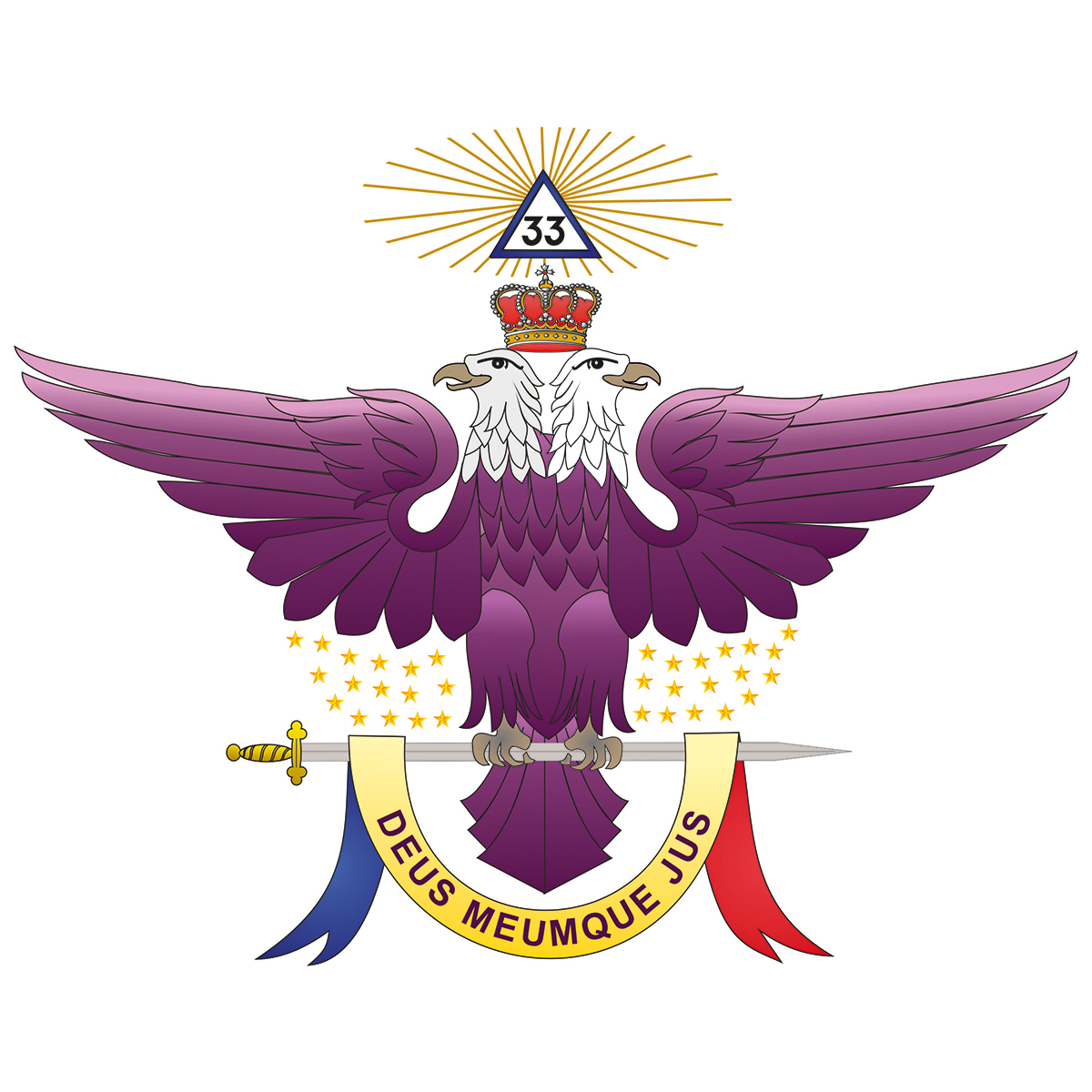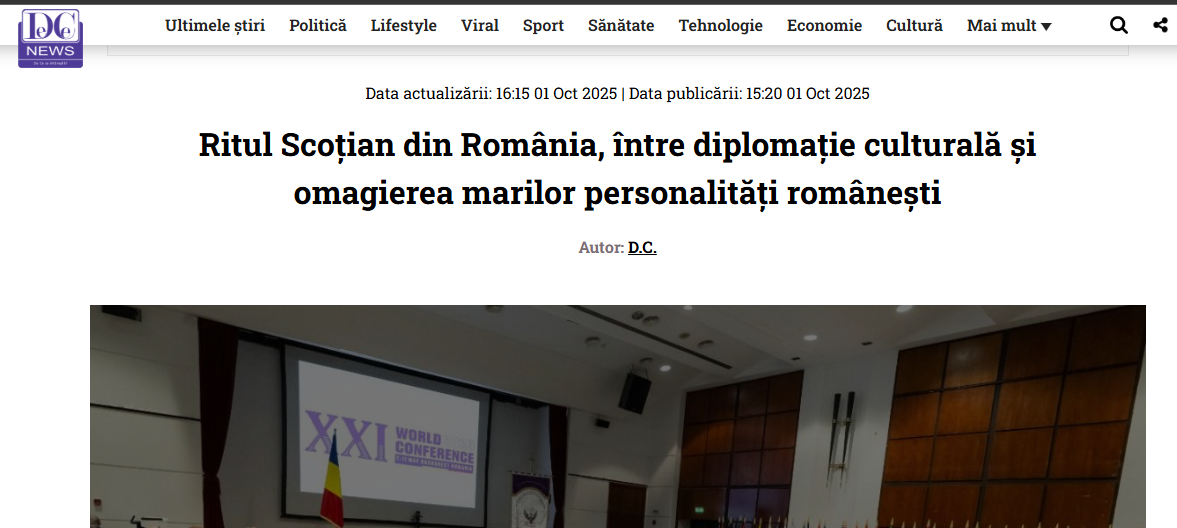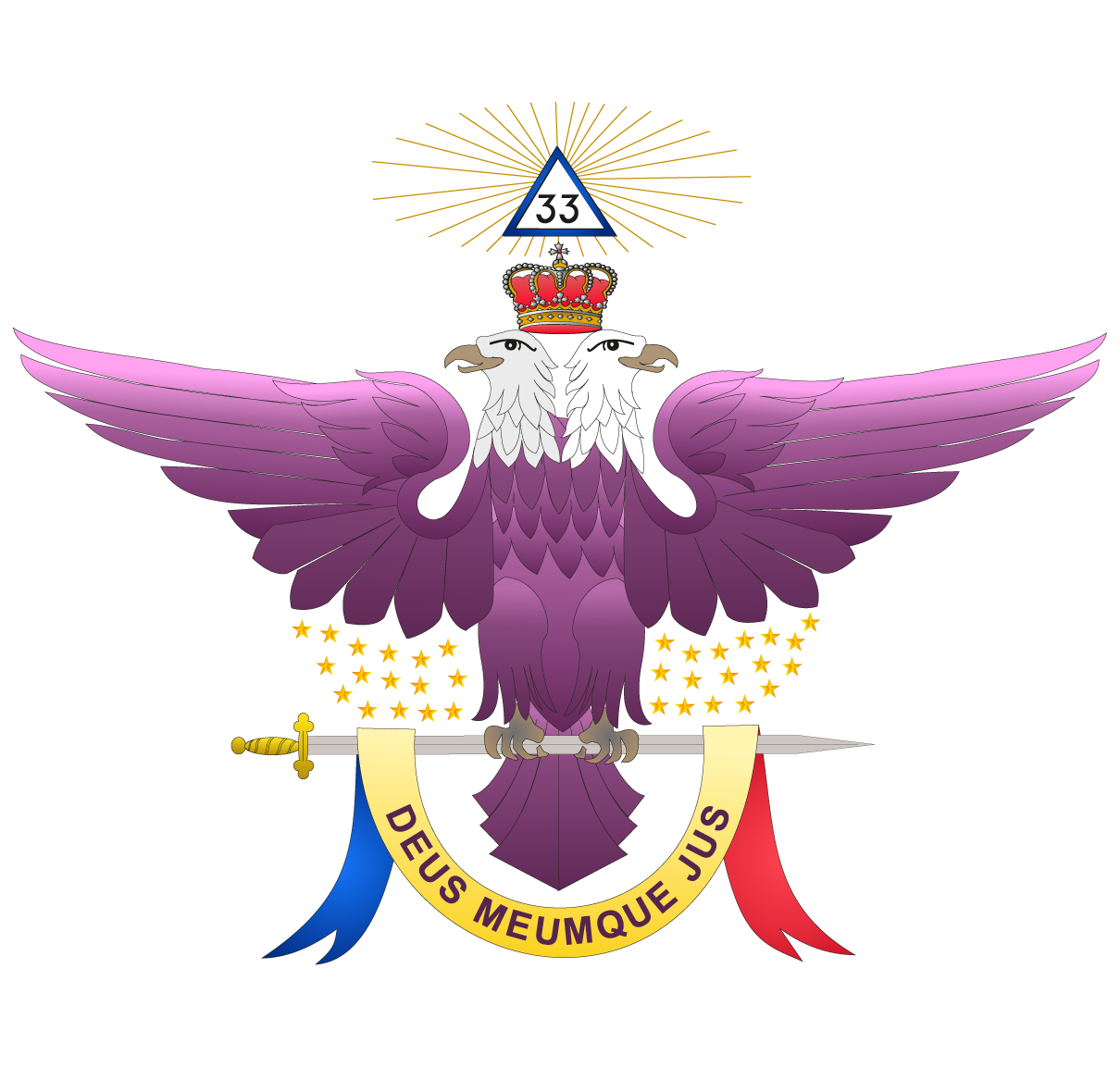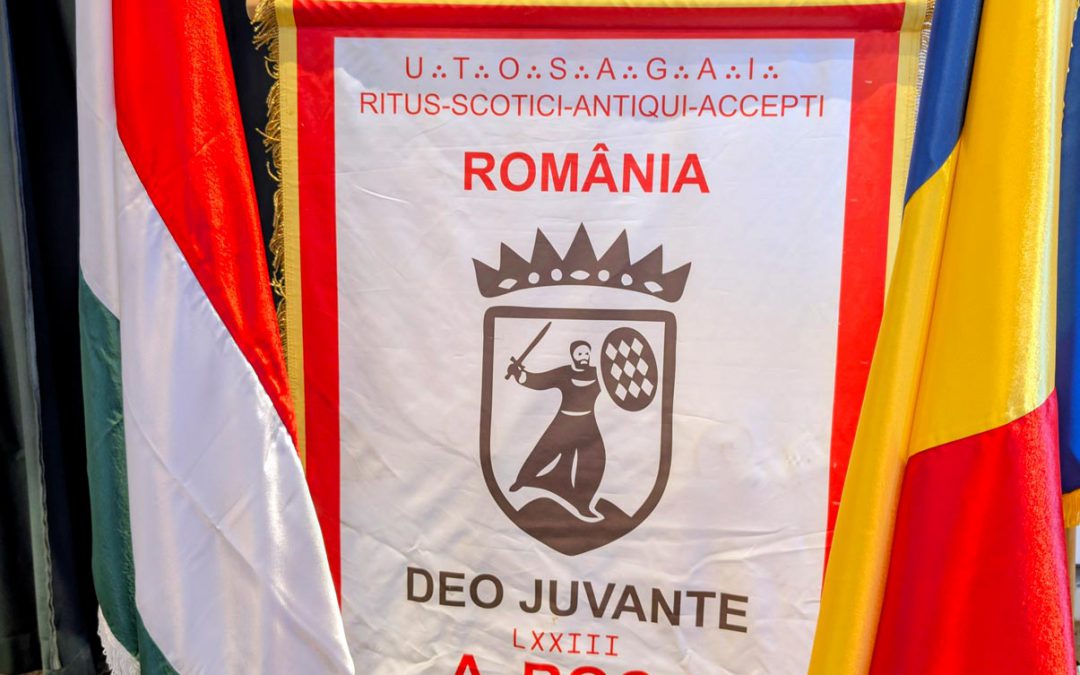Article taken from the website DCNews
The Scottish Rite in Romania, between cultural diplomacy and homage to great Romanian personalities
The 33rd and Last Degree Supreme Council of the Ancient and Accepted Scottish Rite presented its activity report, outlining a decade of impactful initiatives in education, culture, diplomacy, and public life.
One of the Masonic organizations less known to the general public, but with sustained activity in Romania, is the Supreme Council of the 33rd and Ultimate Degree of the Ancient and Accepted Scottish Rite. The Supreme Council presented its activity report, outlining a decade of initiatives with impact in education, culture, diplomacy and public life.
A landmark event was the organization, in Bucharest, of the World Conference of the Supreme Councils of the Ancient and Accepted Scottish Rite (May 7–11, 2025), a first for Romania. The event brought 157 delegates from 61 countries to the capital, and Romania unanimously took over the leadership of the world forum for the period 2025–2030.
The Conference included plenary sessions, debates on working committees, cultural visits and official meetings, with the participation of high Romanian and international authorities. The foreign delegations were received by the President of Romania at the Cotroceni Palace, by the President of the Senate at the official opening of the Conference in the Senate hall, by the Governor of the National Bank of Romania during the visit to the NBR headquarters and by the President of the Romanian Academy.
However, as the balance sheet shows, this achievement is not singular. Over the last decade, the organization has built a true bridge between tradition and modernity, bringing to the fore Romanian personalities who have marked national culture and sport. Actor Florian Pittiș, a member of the Rite, is honored annually with an award that bears his name, and starting this year, the "Răzvan Theodorescu" Award is also being established, in memory of the renowned academician.
At the same time, fine arts are supported through the "Ion Atanasiu Delamare" Award, offered to young artists.
Leading intellectuals invited to the conferences organized
On the sports front, the bust of Ivan Patzaichin, the great Olympic champion and member of the Association, was installed in his native commune of Crișan (Tulcea). Other emblematic figures were honored with dedicated monuments: the actor Jean Constantin, symbol of Constanța, and Constantin Moroiu, founder of the Supreme Council of the Scottish Rite in 1881.
The conference series organized by the Association constantly brought together prominent names in Romanian culture and thought – Ioan-Aurel Pop, Andrei Pleșu, Andrei Șerban, Tudor Octavian, Teodor Paleologu, as well as other prominent intellectuals. In parallel, hundreds of members attended rhetoric courses coordinated by Teodor Paleologu.
The initiatives were not limited to culture. The Scottish Rite in Romania was actively involved in memorial and humanitarian projects: the Siret Holocaust Memorial, projects dedicated to the history of communist repression, supporting talented young people such as gymnast Roberta Radu or ballerina Cristian Șușu, as well as charitable actions in support of hospitals and vulnerable communities.
Developing cultural diplomacy
At the same time, the organization has consolidated Romania's cultural diplomacy through constant participation in international events and through partnerships with Supreme Councils from Europe, America and Asia, contributing to promoting the country's image on the global stage.
In 2016, Romania hosted the Conference of Sovereign Grand Commanders of Europe and Associated Countries, then taking over the presidency of this forum for two years and, subsequently, the position of vice-president (2018–2020), together with Switzerland, under the coordination of Germany. At the same time, Romanian delegations have received, in the last decade, the highest honorary titles from similar organizations abroad, while international visitors have been distinguished with Romanian recognitions. All of this has consolidated the country's status as a landmark on the global Masonic map.
In order to develop international relations and cultural diplomacy, partnerships and collaboration agreements have been established with all recognized Supreme Councils of the Scottish Rite in Europe, North America, Latin America, Africa and Asia. Romania's image has been enhanced by its annual participation in 8-12 international events of this kind, and Romanian delegations to these events have been awarded the highest titles of similar organizations in the respective countries. Foreign delegations that have visited us (around 16-28 countries per year in the last 10 years) have been awarded Romanian distinctions of this kind.
Thus, the balance sheet of the Scottish Rite is not just a series of events, but a portrait of an organization that combines Masonic tradition with national values.



